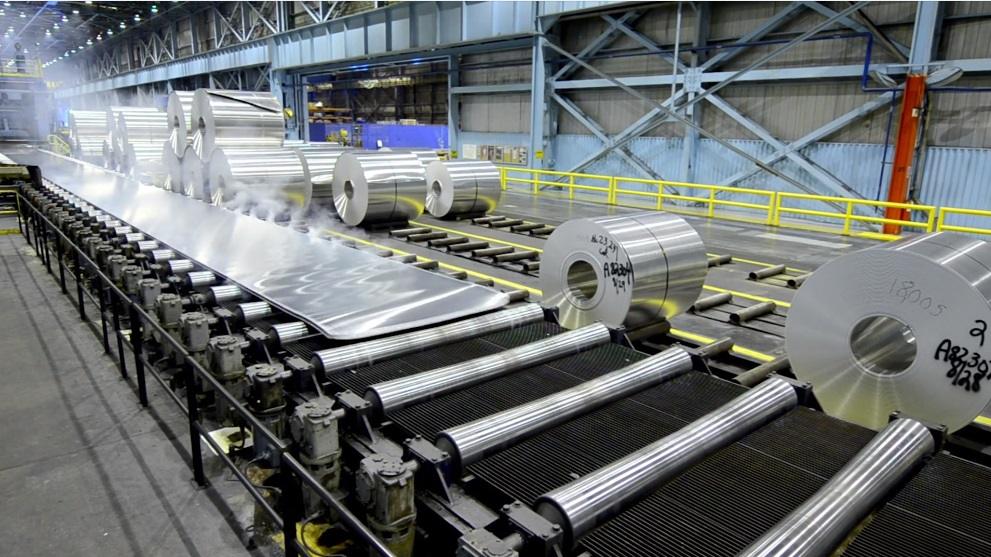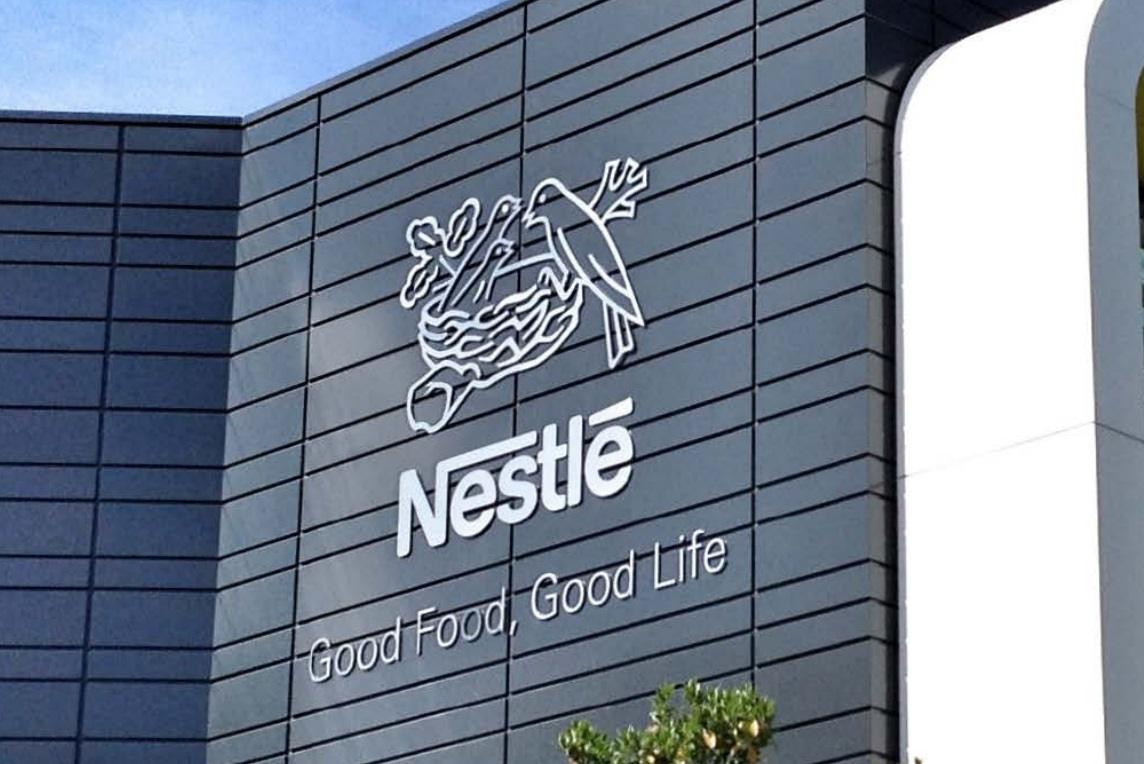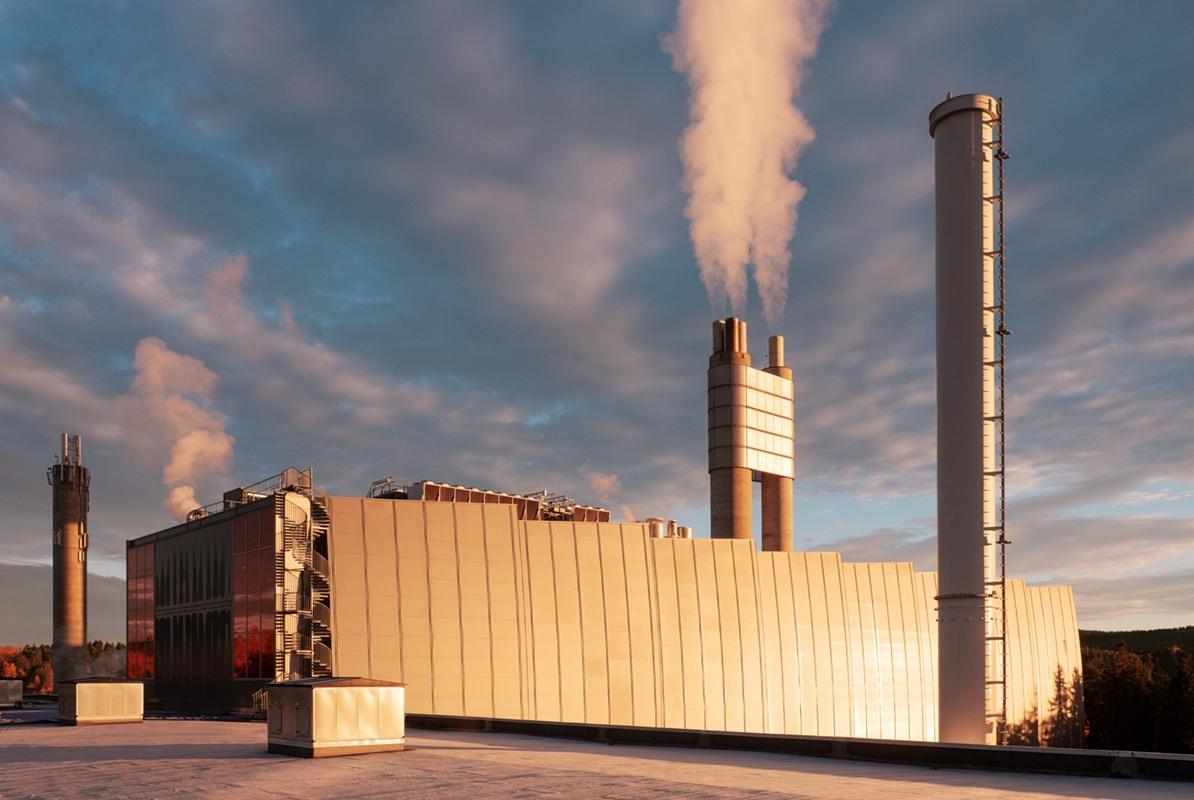Novelis to Scale Use of Low-Carbon, Recycled Aluminum
Aluminum rolling and recycling company Novelis announced today that it has joined the WEF’s First Movers Coalition (FMC), dedicated to decarbonizing hard-to-abate sectors, and has pledged to accelerate the use of low carbon and recycled aluminum.
Steve Fisher, President, and Chief Executive Officer, Novelis Inc, said:
“Novelis is eager to continue our efforts to decarbonize the aluminum industry, as well as support decarbonization in numerous adjacent industries relying on aluminum, by joining the First Movers Coalition.”
FMC was launched at the COP26 climate conference last year, creating a coalition of companies committed to creating early markets for clean technologies addressing hard-to-abate sectors. By setting major advanced purchase commitments to be met by 2030, the coalition sends strong market signals enabling the scaling and commercialization of clean technologies including near-zero carbon steel, aluminum, shipping, trucking, and aviation, as well as advanced carbon dioxide removal solutions.
At the World Economic Forum Annual Meeting in Davos last week, the coalition launched two new sectors – aluminum and carbon dioxide removal – with members of the aluminum sector committing to having near-zero aluminum make up 10% of their primary aluminum purchases by 2030. Additional founding members of the FMC’s aluminum group include Ball Corporation, Ford Motor Company, Trafigura, and Volvo Group.
Nancy Gillis, Programme Head of Climate Action and First Movers Coalition, said:
“Novelis’ widely respected commitment to sustainability makes the company a tremendous addition to the First Movers Coalition. We look forward to collaborating with Novelis to encourage clean energy innovation and move the aluminum industry toward a zero-carbon future.”
In addition to the 10% near-zero purchase pledge, have at least 50% of all aluminum the company uses from recycled sources by 2030.
According to the company, the new commitments complement its goals to reach a 30% carbon footprint reduction by 2026 and become carbon neutral by 2050 or sooner. Last month, the company also announced plans to invest $2.5 billion to build a new low carbon recycling and rolling plant in Alabama to meet the strong demand for sustainable packaging.
Fisher added:
“Recycling aluminum is far less energy-intensive than producing primary aluminum, and we want that energy to come from ‘sustainable’ sources. Aluminum has the potential to reach a near zero-carbon footprint, but it requires investment in clean energy and taking some risks to move the industry forward.”





